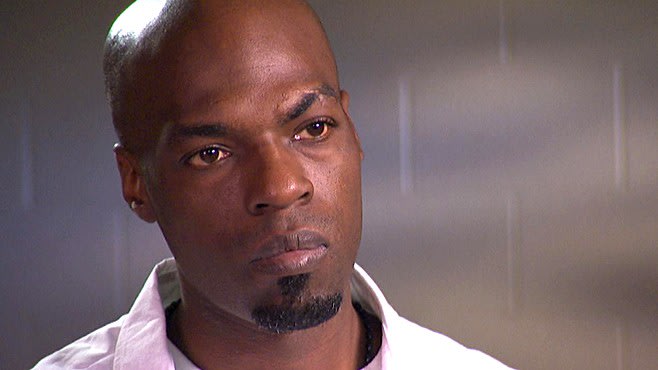Coleman, 39, was more commonly known by his stage name, G. Dep -- short for Ghetto Dependent. So talented, he was signed in his 20s by Sean "Diddy" Combs, who performed with him in his music video, "Let's Get It." Coleman dropped out of college at age 18 in search of a music career. He funded recording sessions by selling cocaine on the streets of Harlem, N.Y. He dabbled in drugs himself, and for $500, he bought a gun. In fall 1993, a month before his 19th birthday, Coleman used that gun to mug a stranger, he said.
Coleman said he fired three times and then fled on his bike, telling no one what had happened. As he left home the next morning, the police were canvassing the neighborhood and stopped him on the street. "They said, 'Do you know anything about a shooting that occurred yesterday?' And I said, 'Nah,'" Coleman said. "That made me think he didn't pass away, because they said 'shooting.'" A week later, Coleman said, he threw the gun into the East River. He stayed quiet about the Harlem shooting for four years and poured himself into his music.
He had fame, fortune and now a family -- and the guilt that had been eating away at him. "It seemed like [it] just wasn't fair for me to be happy," Coleman said. "I used to curb my happiness, you know. Like, just, 'Hah, wait a minute. I'm smiling too much. I'm laughing too much.'" "I felt like I couldn't really tell anybody," he added. "I didn't want them to be involved."
Coleman remained haunted by his secret and often wondered what happened to the man he shot. Burdened by what happened, Coleman said his music suffered and Combs dropped him from his Bad Boy label.
In late 2010, Coleman, then 37, couldn't bear it anymore. He went to the police and told an officer he had shot a man 16 years before. The police did nothing. "I guess he just felt like it was so outlandish, so he was like, 'Listen, that was a long time ago. Give me your number and I'll call you,'" Coleman said.
Two weeks later, he went back to the police to confess again. "I think I was just at a point where enough is enough," Coleman said. "It never went away, me thinking about it, so it was like I had to do something about it." His memory of the incident was vague. He told police that he remembered the victim as being a light-skinned male standing at the corner of Park Avenue and 114th Street in New York City. He didn't know the date. The police soon found a match to a cold case murder of a man named John Henkel, who had been shot on Oct. 19, 1993 at that location. It was then that Coleman learned the man he shot had died.
Suddenly, he was charged with murder. But when asked if he had any second thoughts about turning himself in, Coleman said, "Nah." "In the back of my mind I knew that 'what if' was always a factor," he said. The jury found Coleman guilty of second-degree murder. On May 8, 2012, he was sentenced to 15 years to life in prison. He was 38.

